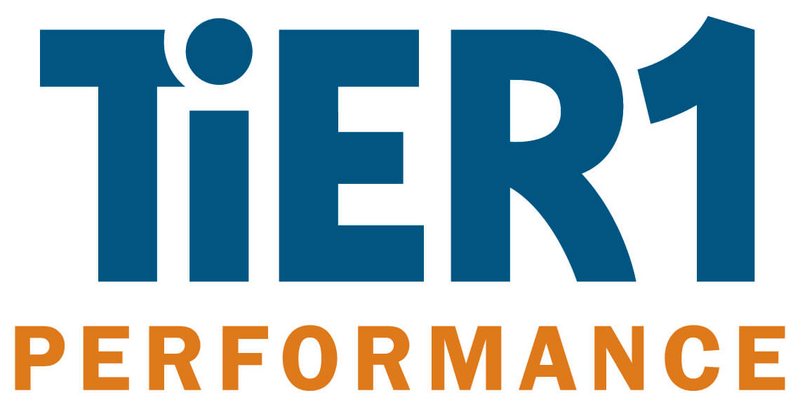ATD Blog
7 Tips for Developing Your Leadership Skills to Advance Your Career
Thu Aug 15 2024

Leadership is a journey. I didn’t become the director of continuing medical education and professional development at a large medical group overnight. How did I get where I am today?
Let’s rewind to 2005. As a fresh college grad armed with a degree in business law and human resources from Loyola Marymount University, I was eager to work and ready to take on the world. But first, I had to decide between two unpaid internships, one of which would hopefully serve as a launch pad for my professional career in human resources. My options were the entertainment industry or healthcare. With Los Angeles roots and dreams of becoming an entertainment lawyer, my heart was set on entertainment. My parents, who are West Indian American immigrants, however, advised me to pursue the quickest path to financial independence, so I pivoted to healthcare. Today, I’m grateful that I traded my Hollywood dreams for a fulfilling career in an industry where I truly feel I can make an impact.
For early career professionals who are eager to begin making an impact, here are seven tips I’ve used to develop my leadership skills and advance my career.
Practice being self-aware
Understanding the impact you want to make—even if you’re not sure how you’ll make it—will help guide your decision making. Check in with yourself regularly to assess whether you’re being fulfilled and challenged in your current role and if you are equipped with the resources to own your learning and development journey.
Stay curious
During my unpaid healthcare internship, I obsessively read colleagues’ bios. Learning how their education and experiences fueled their career paths gave me insight into various development opportunities and career trajectories. Through this, I learned about a Healthcare Leadership Certificate program through the University of California, Los Angeles, which not only confirmed my desire to stay in healthcare but also motivated me to pursue a master’s in health administration. Being genuinely curious about others’ experiences can help you identify development opportunities that you might not learn about otherwise.
Schedule informal “interviews” with leaders you admire
Don’t just read about people—talk to them! I spent most of my breaks during my early career years informally “interviewing” colleagues who led careers I admired. Though sometimes brief, these casual conversations offered me real-world advice and expanded my network. Asking insightful questions and leading meaningful conversations will help you hone your communication skills and develop a greater understanding and empathy for others’ experiences, which can help your colleagues feel a sense of belonging.
Find a mentor (or three)
I was fortunate to have mentors who guided me through career decisions and challenges, provided feedback, offered encouragement, and identified opportunities.Build relationships with leaders in your organization who have roles and responsibilities that you aspire to achieve. They can advocate for you when development opportunities arise and serve as an ally and sounding board as you plan your career path.
Build a diverse network
Employee resource groups and professional organizations offer valuable opportunities to connect with like-minded peers, collaborate on professional projects, and exchange ideas and advice for career advancement. They helped me build a trusted support network and develop authentic friendships with people who I might not have met due to our different roles or geographic locations. Engaging with diverse groups will expose you to new cultures and perspectives, helping you learn the value of inclusion and build strong interpersonal relationships.
Lead volunteer projects
Volunteer to lead projects within your company and your community. Through my informal leadership experiences in employee resource groups, community service organizations, and nonprofit boards, I learned how to inspire others, manage diverse personalities, and organize activities that align with an organization’s goals. To enhance your ability to lead, choose volunteer roles that challenge you to think strategically and develop a vision for the group’s initiatives.
Embrace stretch projects and new opportunities often
Keep an open mind when it comes to embracing new experiences, so you feel prepared to take a leap of faith when an opportunity arises. Avoid staying in a role for too long and take on projects that force you out of your comfort zone. This challenged me to seek innovative solutions to complex problems, helping me develop new skills and gain visibility within my organization.
Developing your leadership skills to navigate and advance your career will take time. Remember, it’s not about where you start. It’s about how you lead from where you are, so keep learning, keep growing, and never be afraid to pivot.

